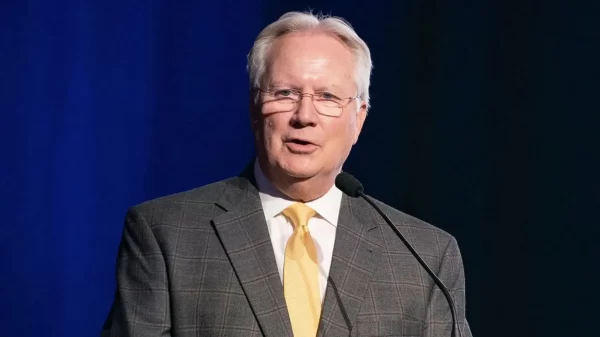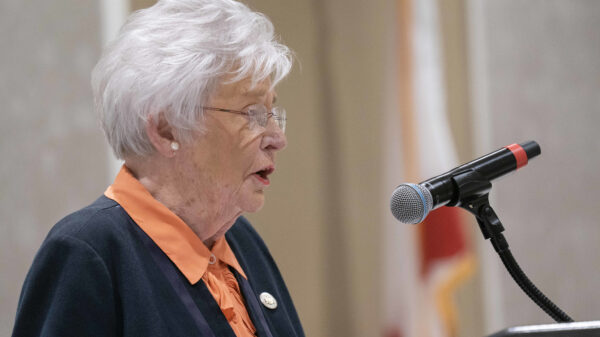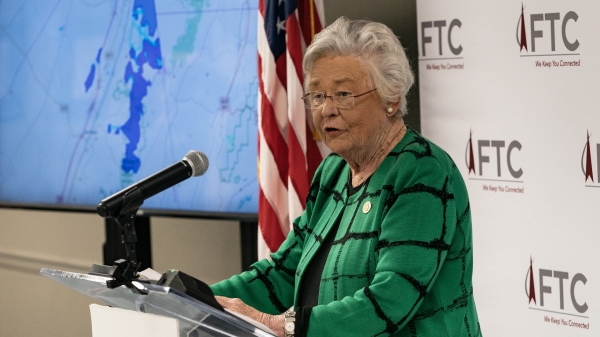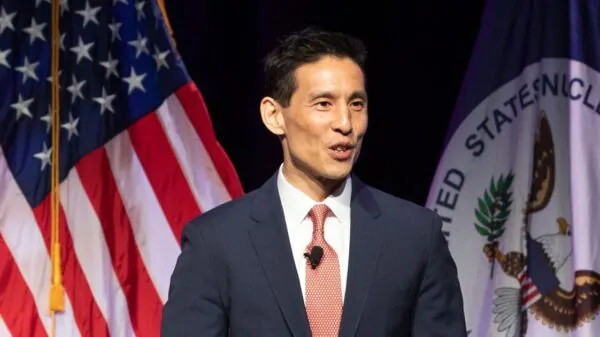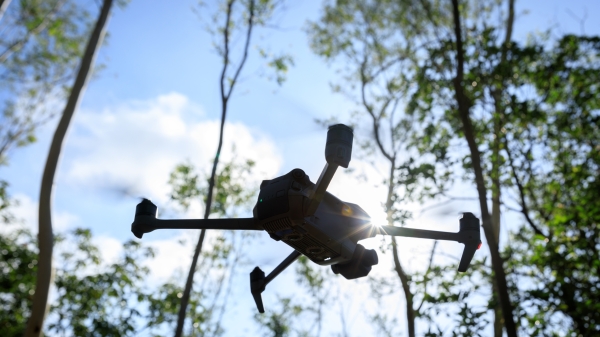Alabama Governor Kay Ivey signed the medical marijuana bill, Senate Bill 46, into law on Monday, making Alabama the newest state with a medical marijuana program. State Sen. Tim Melson, R-Florence, sponsored the legislation.
Melson told reporters that he had a 10 a.m. meeting with the governor before she signed the bill.
“I told the governor that if there is anything that we need to fix in the bill, we can work on it in another bill next session,” Melson said. “She said why don’t I sign it now.”
Melson said that the bill will help people suffering from a number of medical conditions.
The people this will help are “people who have had situations where they have tried other modalities with little or no success. This gives them another option,” Melson said.
Melson is an anesthesiologist, who has spent much of his career doing medical research trials. Melson was asked how he got this legislation passed through the Legislature.
“We just educated them,” Melson answered. “There is a lot of good articles if you just looked for them,”
“This was not done on emotion; it was done on science,” Melson said.
One reporter asked how surprised Melson is that Alabama passed medical marijuana before passing a lottery.
“Most people would never have bet on that happening,” Melson said.
Melson said that both political parties worked together on this.
“I don’t think it says anything other than it is not all about parties,’ Melson said. “It is about helping people. It was a bipartisan effort on the floor of the House and the Senate.”
One group of conservative Republican representatives filibustered the bill for more than 11 hours on May 6 and May 8.
“Those that voted no are the group that are not going to do anything that is risky for them with the voters,” Melson said. “That is the group where the answer is no to whatever the question is.”
SB46 was carried in the House by State Rep. Mike Ball, R-Madison. Ball previously carried and passed both Carly’s Law and Leni’s Law. Ball also carried Melson’s marijuana bill in the House in 2019. That bill did not pass, but it did lead to the creation of the Alabama Medical Cannabis Study Commission that was chaired by Melson. SB46 is derived from that study commission’s recommendations.
“This was about helping people,” Ball told reporters.
Melson said that the personal stories of Reps. Allen Treadaway, Brett Easterbrook and Allen Farley on the floor of the House during the lengthy floor debate were also great helps in its passage.
Melson said the next step is for governor and the other appointing authorities to appoint people to serve on the Alabama Medical Cannabis Commission, which will regulate medical marijuana in Alabama.
“MASA or whoever can go ahead and start the physician education program,” Melson said.
MASA is the commonly used acronym for the Medical Association for the State of Alabama.
“ALEA and the Department of Agriculture are going to have to figure out what they are going to do based on what other states are doing,” Melson said about setting up the regulatory structure for medical marijuana in Alabama.
Melson estimated that maybe it could be up and running within 12 months, but it could take longer than that.




